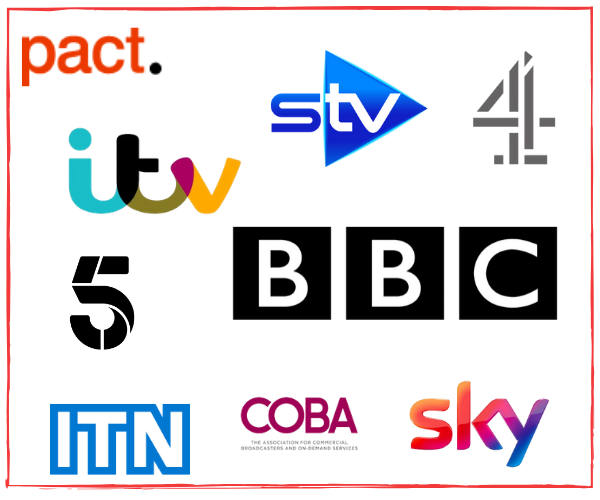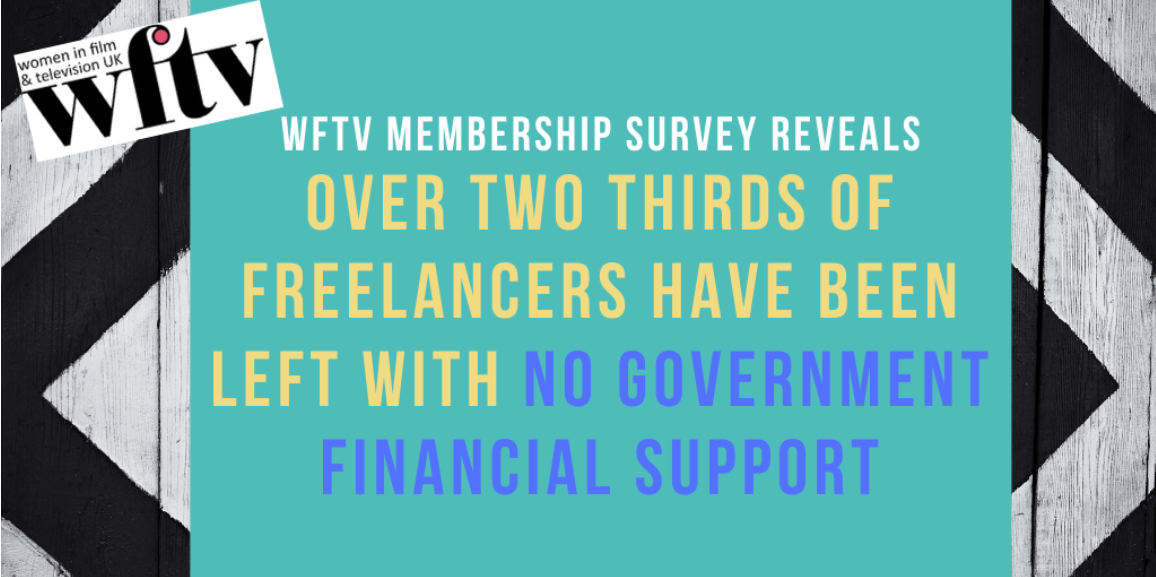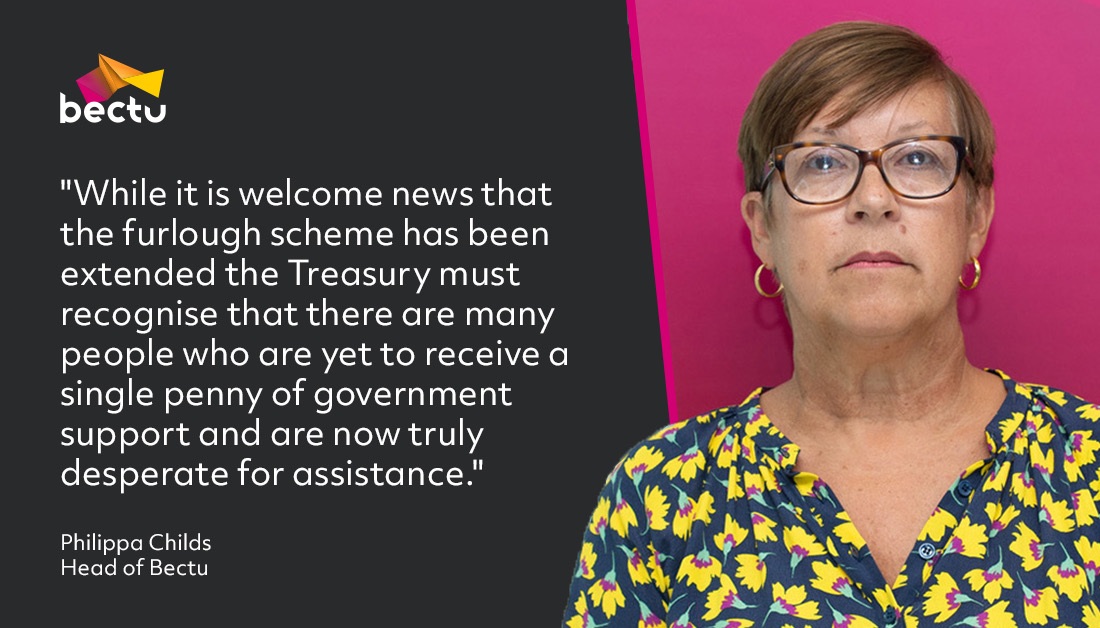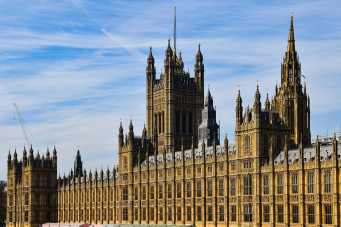
Broadcast’s evolution during – and after – a pandemic
When we wrote on the Frame 25 blog in 2019 about the rise of remote production, the last thing most people were thinking of was a global pandemic which would place this innovative way of working at the forefront of the broadcast industry.
The vast majority of TV and film productions across the world have been forced to shut down in recent months because of the Covid-19 outbreak but with the lockdown easing in the UK, how is the industry adapting?
As the world struggles to come to terms with a ‘new normal’, the key benefits of remote production have a new addition.
As well as reducing carbon footprints, cutting travel costs, saving on shipping and kit, and broadening production capabilities, we must now add workers’ safety to the list.
Does remote production mean a faster return to live programming?
Production challenges
Social distancing rules designed to reduce the spread of the virus make filming much more difficult. Shooting crowd scenes, for example, is simply not possible yet.
While actors and presenters might have to do their own hair and make-up, bigger difficulties – relating to productions across all genres – involve the required culture shift that comes with asking people to work differently, and the confidence that’s required to do so.
Strength in unity
As the coronavirus lockdown eases in the UK, several broadcasters and trade bodies have joined forces to create new industry-wide guidelines to enable the television sector’s safe return to production in the weeks and months ahead.

Broadcasters including the BBC, ITV, Channel 4, Channel 5, ITN, STV and Sky are working with Coba, the industry body for commercial broadcasters and on-demand services, and Pact, the trade association for independent content producers, to produce the guidance.
- Cover large and small productions across all genres
- Incorporate government advice on around returning to work safely
- Serve alongside instructions due to be published by the British Film Commission for managing the risks associated with film and high-end TV drama production
Case study 1: sport – BT Sport/Bundesliga
BT Sport has begun live coverage of every Bundesliga game until the end of the season, relying on a production team based largely in their own homes. The German league is the first major European sporting competition to resume since the outbreak.
While dozens of people would normally be required on site to deliver the simultaneous production of multiple live events, fewer than 10 were in the BT Sport studio, in order to maintain social distancing. The director and producer were home-based, as were the commentator and co-commentator.
For the first game, the host and a guest were in the studio while a second guest contributed from home.
Case study 2: sport – ESPN/KBO
Similar productions are in operation elsewhere.
Action from the KBO, South Korea’s baseball league, is taking place in empty stadiums – and being shown live in the US via ESPN.
Case study 3: scripted drama – ITV/Isolation Stories
ITV Studios’ reflective production Isolation Stories was broadcast just a few weeks after it was created, thanks to a remote crew – and actors’ family members, who operated cameras and decorated sets.
Sanitised camera equipment was delivered to the actors’ homes, where a technician gave a basic – socially distant – lesson in how to operate it.
A director, DoP, first assistant director, remote camera operator, and a technical and sound supervisor were assigned to each filming unit. Zoom calls were used to communicate advice on shooting, lighting and props.
The future – for businesses
As the Covid-19 pandemic further affects broadcast and the way we work, it’s too early to suggest how things will change in the long term.
What is certain, though, is that those companies who already engage in remote production undoubtedly have something of a head start.
NEP, for example, the global outsourced production company, were already leading the way in centralised production before the pandemic took hold.
“We’ve been producing content in this way since 2015, and in that time we’ve used it to make approximately 5,000 productions – and that’s just in the Netherlands,” Casper Choffat, a media solutions director at the company, told Frame 25 last year.
Similarly, Timeline, involved in the BT Sport production of Bundesliga football, are also well-placed: “They are very IP-focused,” BT Sport’s Jamie Hindhaug said.
The future – for freelancers
There are two key issues:
1. Government financial support is not reaching everyone who needs it
Clearly, government support has not been extended to all who need it so a return to production cannot come soon enough.
Women in Film & TV (UK), the membership organisation for women working in creative media in the UK, have just announced the results of a survey of women and men in the UK industry.

It found that:
- 16% of PAYE contractors have been furloughed by their employers or ex-employers under the Coronavirus Job Retention Scheme (CJRS)
- 31% of owners of limited companies have been able to make a claim to furlough themselves under the CJRS. Of those owners who could claim, the majority were able to claim only 20% or less of their income
- 32% of freelancers believe they are eligible for support under the government’s Self-Employment Income Support Scheme (SEISS), which is now open for claims on the HMRC portal.
In other words, two thirds of UK film and TV industry freelancers have reported being unable to claim financial support under SEISS.
A new Bectu survey has found that half of people working in the creative industries have been forced to borrow money during the COVID-19 crisis to survive.

2. The industry itself
Broadcast has been as badly affected by the pandemic as any other sector.
To discuss how productions of all sizes and genres can return at scale, and the precarious nature of freelance TV production work, Broadcast and ScreenSkills recently hosted a Zoom debate.
The prospect of people leaving the industry was discussed, as were:
- The possible introduction of fixed and minimum pay rates for freelancers
- Entry-level pay
- The potential for taking on freelancers in staff roles
- The state of diversity in the industry
Philippa Childs, head of Bectu, asks the question at the heart of the matter:
“Is it time for fundamental change in the way that the freelance community is treated?”
We will of course keep you updated as the situation unfolds.

Netflix, Paramount and Warner Bros.: What the Deal Means for the Broadcast and Production Industry

How the Employment Rights Act 2025 Is Reshaping the Freelance Market
